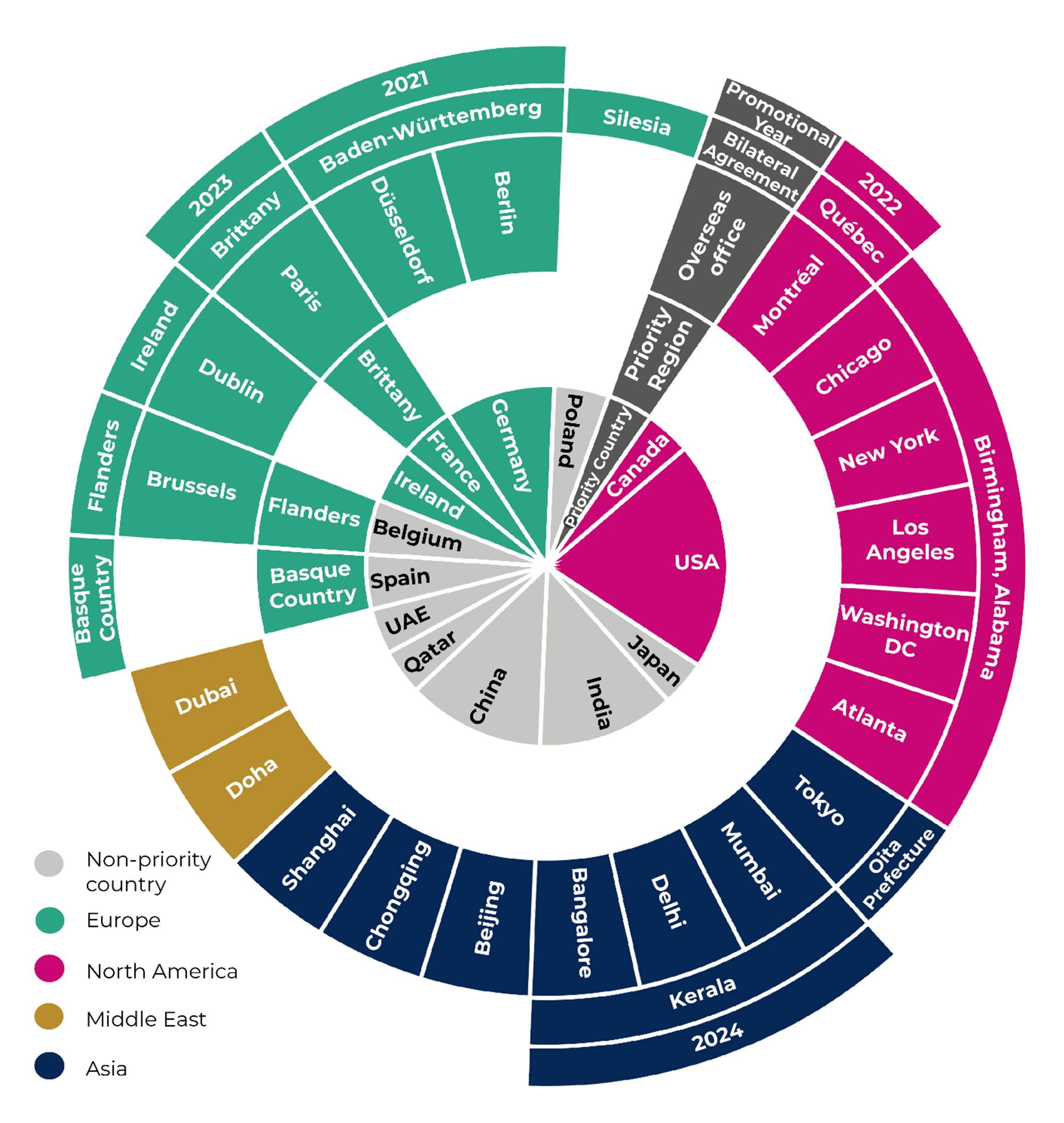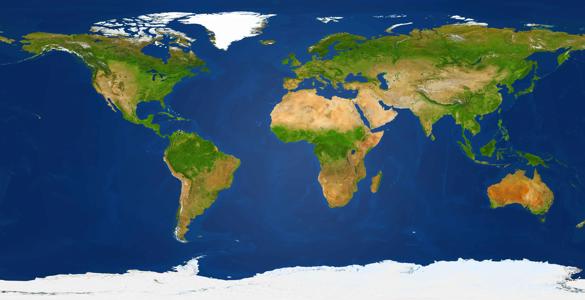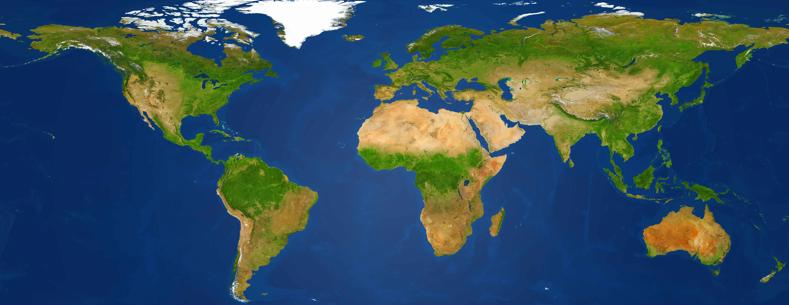Wales’ new First Minister, Vaughan Gething MS, takes on responsibility for the Welsh Government’s international relations as it remains in the First Minister’s portfolio in the new cabinet.
Having been responsible for international trade between 2021-24 as Minister for Economy, he’ll be familiar with this architecture, some of which has been in place for many years.
The evolution of Wales’ international profile has been a key area of interest for Members and committees.
This article presents our new international relations infographic. It shows the Welsh Government’s international priority relationships, overseas offices, international bilateral agreements and promotional years, all in one place for the first time. The arrangements span four global regions – Europe, North America, Asia and the Middle East.

International relations is a reserved matter, as provided by paragraph 10 of Schedule 7A to the Government of Wales Act 2006. This also applies to international trade and international development assistance and co-operation.
However, there is scope within the reservation for the Welsh Government to act in an international capacity. For example, it:
- can conclude non-binding agreements with other governments in devolved areas;
- can hold meetings with their counterparts from other countries, including welcoming them to Wales;
- has the power to make representations about any matter affecting Wales; and
- must observe and implement international legal obligations.
Wales has many international connections, some of which predate the United Kingdom, and these are reflected in its international relations arrangements.
The Welsh Government identifies priority international relationships for Wales in its International Strategy (2020-25). There are priority countries and regions:
|
These were chosen:
because of common cultural and linguistic heritage, shared values and common economic and social interests.
A more detailed rationale is provided for why each priority partner was chosen. For example, it says Germany and France are important trading partners and that Ireland is Wales’ closest European neighbour.
The Welsh Government says it’ll focus its efforts in these places but recognises that it has arrangements elsewhere, which are also shown on our infographic.
The Culture, Communications, Welsh Language, Sport and International Relations Committee (“the Committee”) monitors progress against the International Strategy, including via annual scrutiny sessions with the First Minister.
The Wales-EU relationship
Both the former and new First Ministers (the latter in his previous role) have often highlighted the significance of the EU to Wales, describing it as “one of our most important and long-standing” relationships and “most important trading partner”, respectively.
In November, the Committee issued key recommendations for Wales-EU relations, including calling for a dedicated EU strategy and for the EU to be included as a priority relationship. The former First Minister, Mark Drakeford MS, responded that the European dimension of the International Strategy could be ”made more explicit” when it is refreshed in 2025.
Also in November, the Legislation, Justice and Constitution Committee recommended that the Welsh Government should articulate a clear vision and strategic priorities for EU relations, either in an EU strategy or in the revised International Strategy. The former First Minister said he didn’t believe a separate EU strategy was needed at that time.
It is for the new First Minister to decide how to take these matters forward.
The Welsh Government has 20 overseas offices in 12 countries (its London office is included in these numbers).
Each office has a remit, set out in a 2020 document, to deliver the ambitions of the International Strategy. These are to:
- Raise Wales’s profile internationally;
- Grow the economy by increasing exports and inward investment; and
- Establish Wales as a globally responsible nation.
The document explains how each office:
applies a differing level of focus to each ambition to reflect the potential return and relevance to the country in which they operate. Each office, however, has a common remit to source inward investment opportunities, identify trade opportunities and build strong diaspora networks within its country.
The Welsh Government publishes annual overseas network reports. There have been two so far for 2021-22 and 2022-23.
The Welsh Government can conclude non-binding agreements, like Memorandums of Understanding, joint action plans and friendship pacts, in devolved areas. It has agreements with countries, regions and cities.
Eight of these agreements are shown on a dedicated webpage on the Welsh Government’s website which was established at the request of the Committee. The agreements on the webpage are with:
- Ireland
- Quebec
- Basque Country
- Oita Prefecture
- Flanders
- Brittany
- Baden-Württemberg
- Silesia
Other agreements such as the Welsh Government’s new healthcare recruitment agreement with the Indian state of Kerala and its international friendship pact with the city of Birmingham, Alabama in the US, are not on the webpage.
Since 2021, the Welsh Government has focused on a different international partner each year. So far, it’s been Germany (2021), Canada (2022) and France (2023).
The aim is to showcase relations between Wales and these countries, supported by a planned programme of activities and events that celebrate their links.
2024 is the year of ‘Wales in India’, the plans for which are summarised in another article.
Accompanying the International Strategy are five action plans, one of which is ‘Wales and Africa’. This sets out the Welsh Government’s commitments to partnerships in sub-Saharan Africa that support Wales’ delivery of the UN’s Sustainable Development Goals, including on tackling poverty.
While the Welsh Government explains that its strongest links on the continent are with Lesotho and Uganda, it does not have the arrangements described above, such as bilateral agreements and overseas offices, in Africa.
Article by Sara Moran and Ahmed Ahmed, Senedd Research, Welsh Parliament






